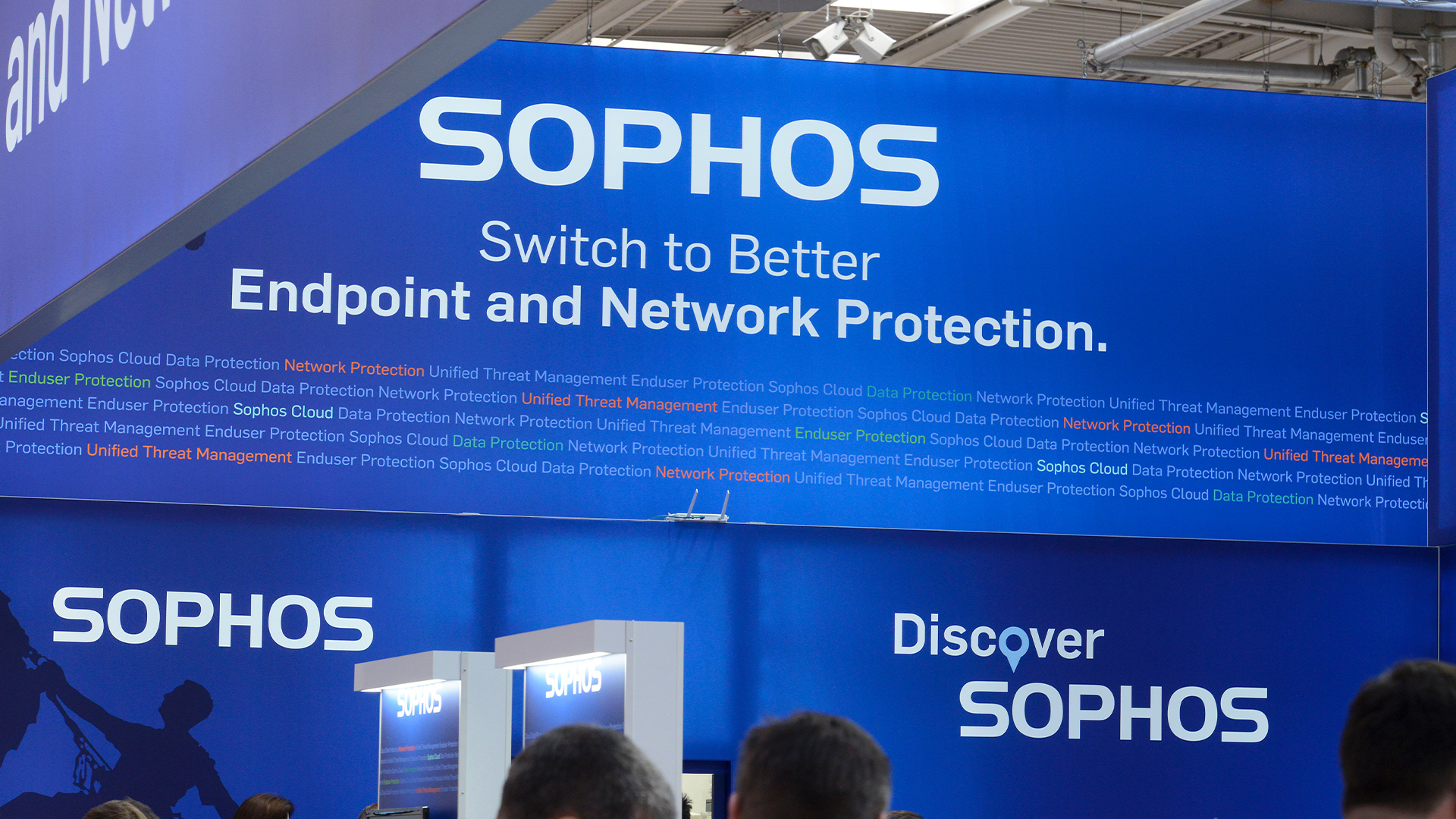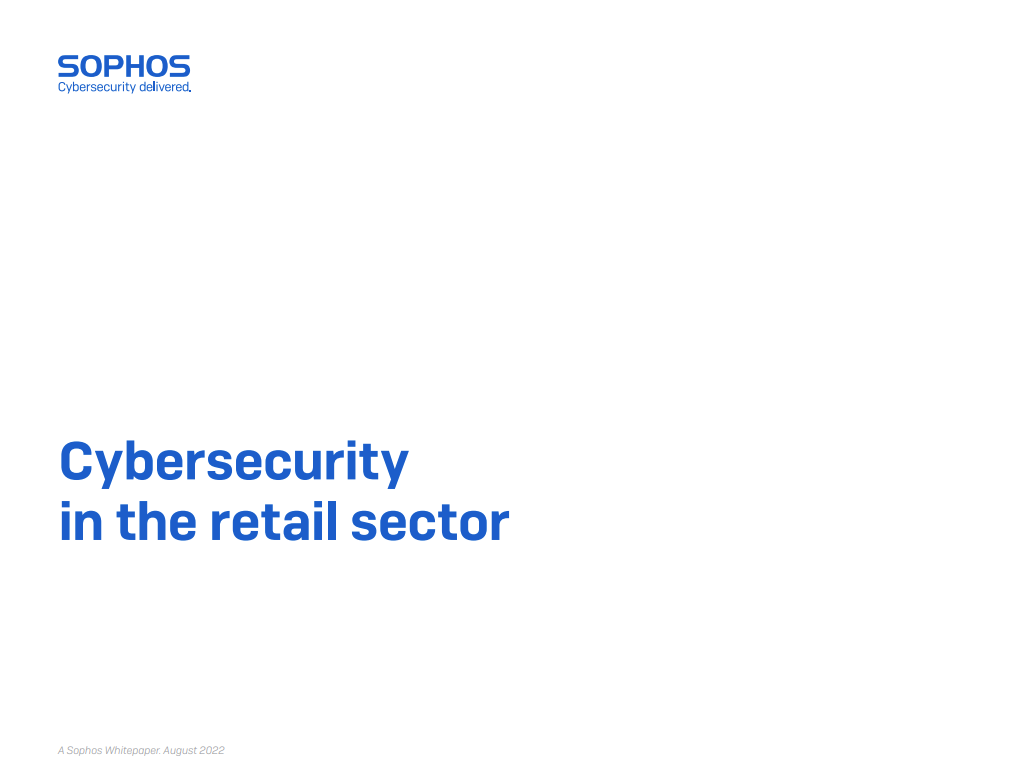Report: US guilty of harbouring most malware
US overtakes China as the source of the vast majority of malware, according to new report from Sophos.


The US is the source of the vast majority of malware and spam, according to a new report published by the IT security and control firm Sophos.
The Security Threat Report for 2009 examines the threat landscape over the last 12 months, and predicts emerging cybercrime trends for 2009.
According to the report, the US hosted 37 per cent of the world's malware in 2008, ahead of China with 27.7 per cent. Russia was in the third place with 9.1 per cent, while the UK was down in seventh at 1.7 per cent. The US also relayed the most spam, at 17.5 per cent.
To emphasise the extent of the US based problem the report highlights how when US hosting company McColo was taken offline, the amount of spam sent reduced by up to 80 per cent albeit for a short time.
"Not only is the USA relaying the most spam because too many of its computers have been compromised and are under the control of hackers, but it's also carrying the most malicious web pages," said Graham Cluley, senior technology consultant for Sophos. "We would like to see the States making less of an impact on the charts in the coming year. American computers, whether knowingly or not, are making a disturbingly large contribution to the problems of viruses and spam affecting all of us today."
According to the report most attacks occur through networks of computers that have been linked together to form an attack platform, having been commandeered by hackers completely unbeknownst by their owners.
Further revelations are that state sponsored cybercrime is also on the rise, with China, North Korea, Russia and Georgia among those accused of virtual espionage.
Get the ITPro daily newsletter
Sign up today and you will receive a free copy of our Future Focus 2025 report - the leading guidance on AI, cybersecurity and other IT challenges as per 700+ senior executives
Also highlighted was a major rise of malicious email attachments, designed to steal identities and financial details, and also in hackers breaking into peoples accounts on social networking sites such as Facebook in order to send spam and malware.
"People need to wake up to the reality that the completely legitimate website they are visiting could be harbouring a dangerous malware infection planted by hackers," said Cluley.
"As we enter 2009 we are not expecting to see these assaults diminish. As economies begin to enter recession it will be more important than ever for individuals and businesses to ensure that they are on guard against internet attacks," he added.
Click here for the top five malware threats expected for 2009.
Benny Har-Even is a twenty-year stalwart of technology journalism who is passionate about all areas of the industry, but telecoms and mobile and home entertainment are among his chief interests. He has written for many of the leading tech publications in the UK, such as PC Pro and Wired, and previously held the position of technology editor at ITPro before regularly contributing as a freelancer.
Known affectionately as a ‘geek’ to his friends, his passion has seen him land opportunities to speak about technology on BBC television broadcasts, as well as a number of speaking engagements at industry events.
-
 Bigger salaries, more burnout: Is the CISO role in crisis?
Bigger salaries, more burnout: Is the CISO role in crisis?In-depth CISOs are more stressed than ever before – but why is this and what can be done?
By Kate O'Flaherty Published
-
 Cheap cyber crime kits can be bought on the dark web for less than $25
Cheap cyber crime kits can be bought on the dark web for less than $25News Research from NordVPN shows phishing kits are now widely available on the dark web and via messaging apps like Telegram, and are often selling for less than $25.
By Emma Woollacott Published
-
 96% of SMBs are missing critical cybersecurity skills – here's why
96% of SMBs are missing critical cybersecurity skills – here's whyNews The skills shortage hits SMBs worse as they often suffer from a lack of budget and resources
By George Fitzmaurice Published
-
 Sophos Firewall Virtual review: Affordable network protection for those that like it virtualized
Sophos Firewall Virtual review: Affordable network protection for those that like it virtualizedReviews Extreme network security that's cheaper than a hardware appliance and just as easy to deploy
By Dave Mitchell Published
-
 MSPs are struggling with cyber security skills shortages
MSPs are struggling with cyber security skills shortagesNews A shortage of tools and difficulties keeping pace with solutions were also ranked as key issues for MSPs
By George Fitzmaurice Published
-
 Nearly 70 software vendors sign up to CISA’s cyber resilience program
Nearly 70 software vendors sign up to CISA’s cyber resilience programNews Major software manufacturers pledge to a voluntary framework aimed at boosting cyber resilience of customers across the US
By Solomon Klappholz Published
-
 Sophos and Tenable team up to launch new managed risk service
Sophos and Tenable team up to launch new managed risk serviceNews The new fully managed service aims to help organizations manage and protect external attack surfaces
By Daniel Todd Published
-
 Ransomware groups are using media coverage to coerce victims into paying
Ransomware groups are using media coverage to coerce victims into payingNews Threat actors are starting to see the benefits of a more sophisticated media strategy for extracting ransoms
By Solomon Klappholz Published
-
 Shrinking cyber attack “dwell times” highlight growing war of attrition with threat actors
Shrinking cyber attack “dwell times” highlight growing war of attrition with threat actorsNews While teams are becoming more proficient at detecting threats, attackers are augmenting their strategies
By Ross Kelly Published
-
 Cyber security in the retail sector
Cyber security in the retail sectorWhitepapers Retailers need to ensure their business operations and internal data aren't breached
By ITPro Published